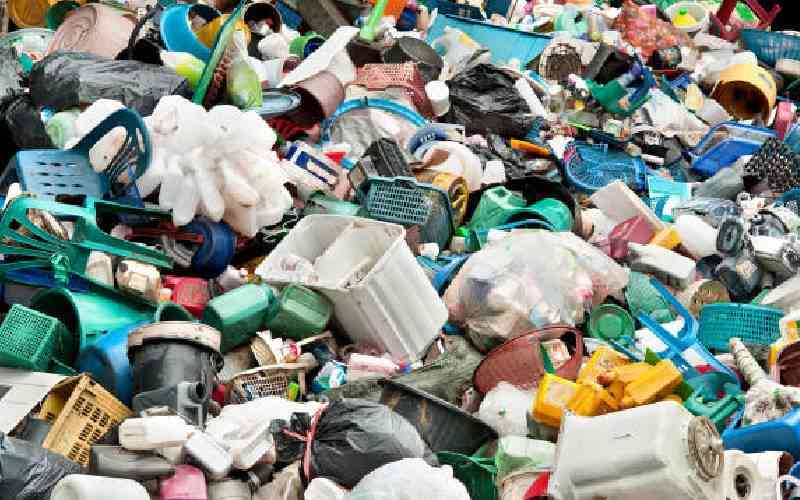×
The Standard e-Paper
Join Thousands Daily

If you did not have a focus at the sixth United Nations Environment Assembly (UNEA-6) that ended at the United Nations Environment Programme (UNEP) in Nairobi yesterday, you could have been lost in the beauty, splendor, art, fashion, and grandeur.
Yet there was so much to ponder. The UNEA endeavours to make key environmental decisions, especially among its 193 member states, and add to the plans and success of many global, regional and continental efforts.